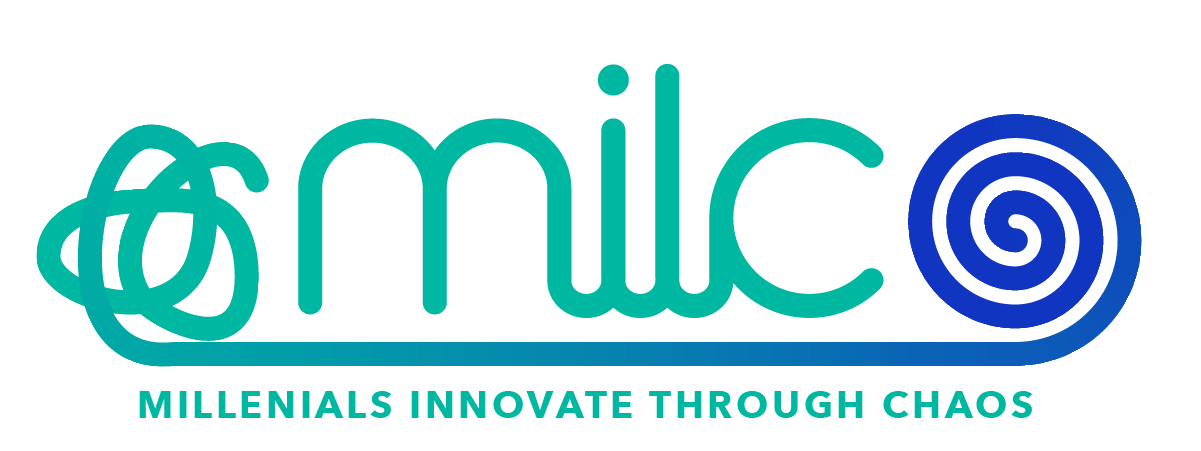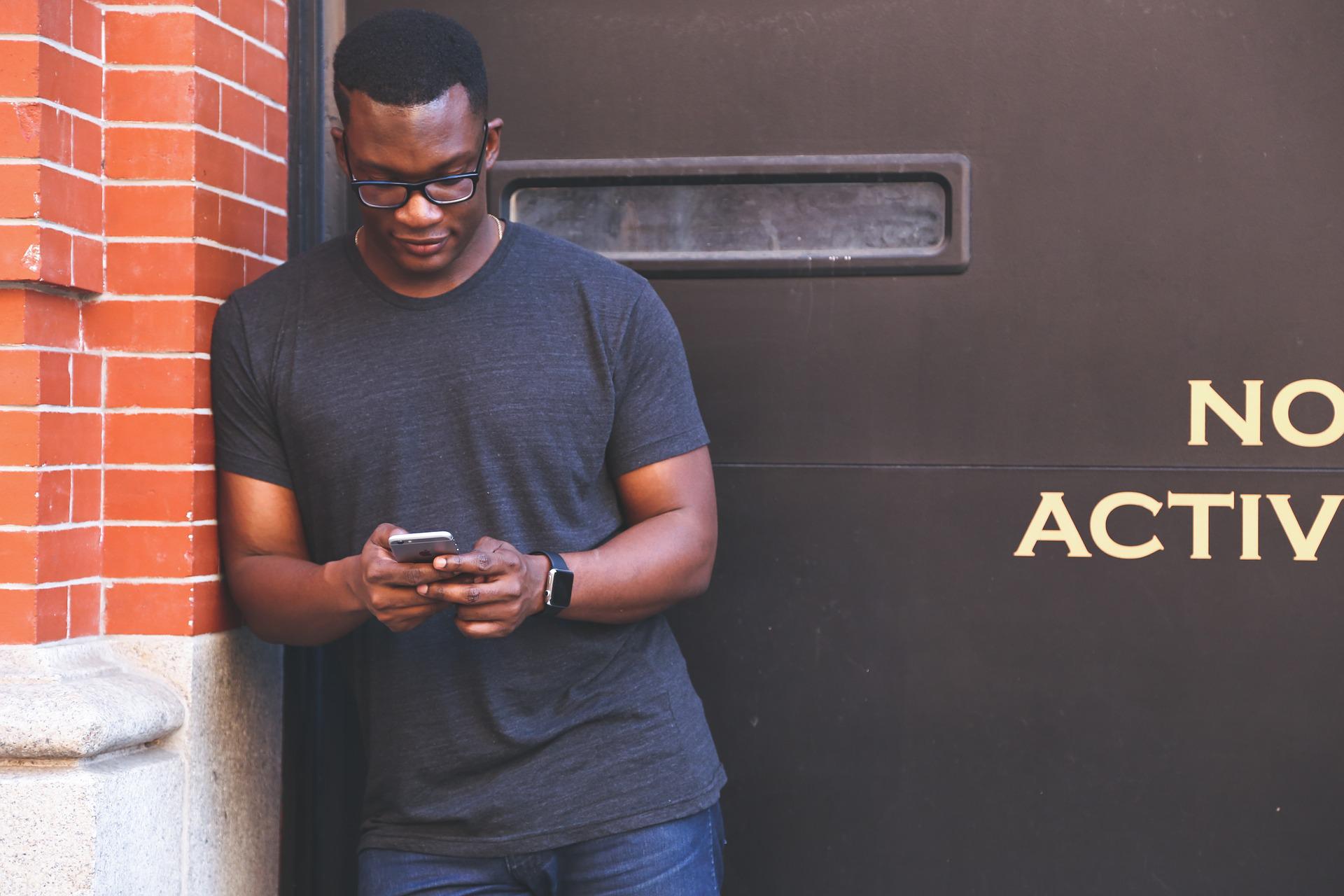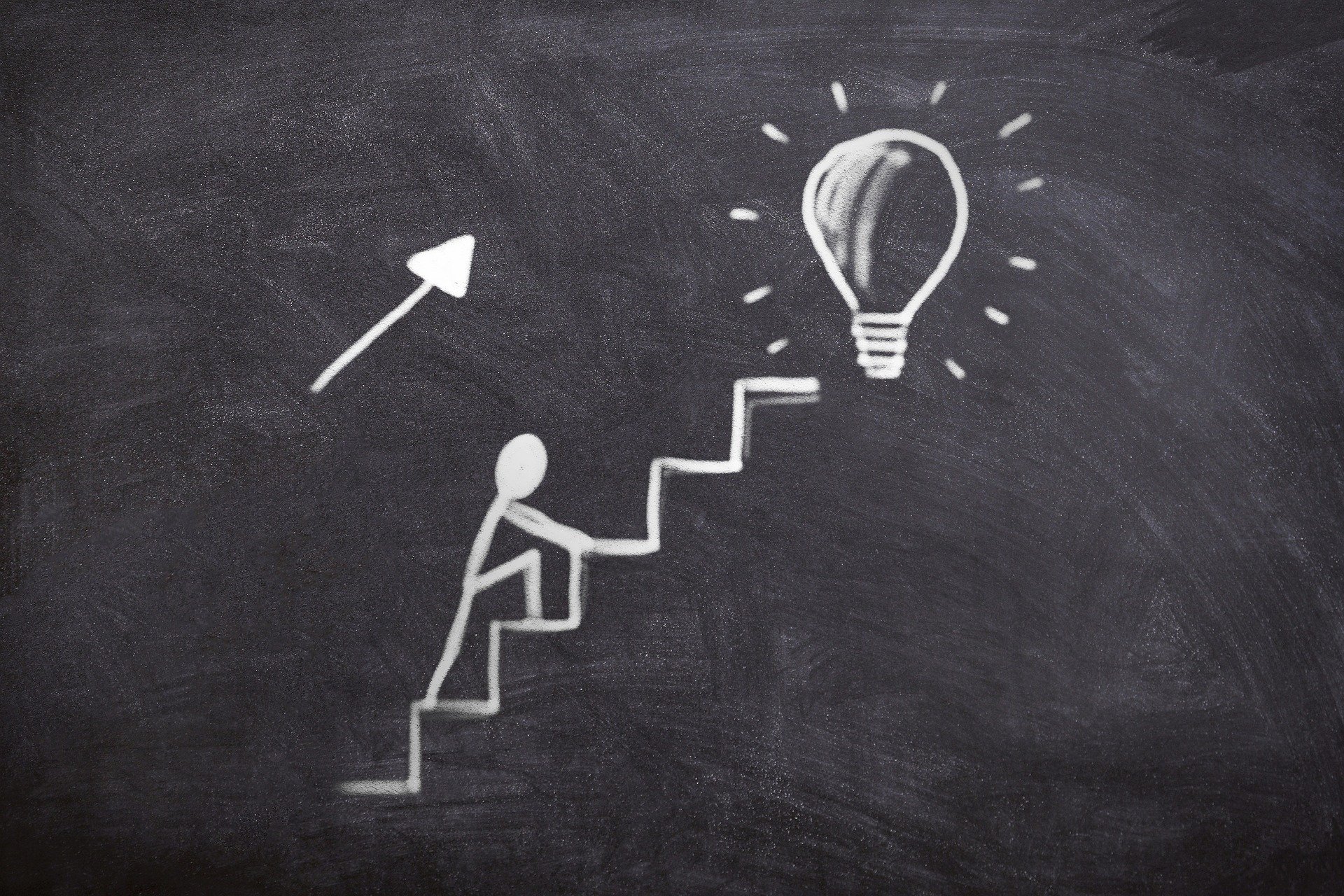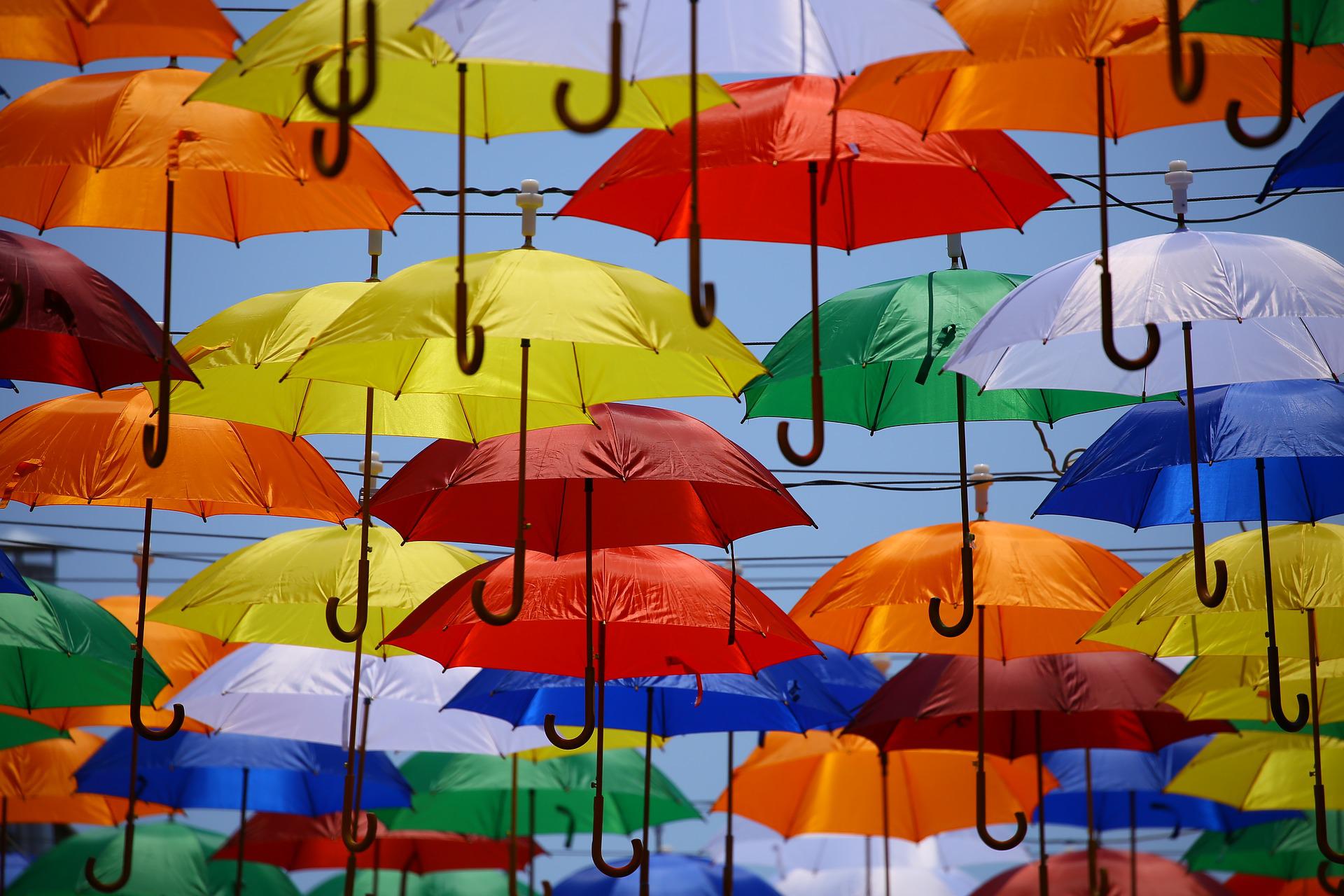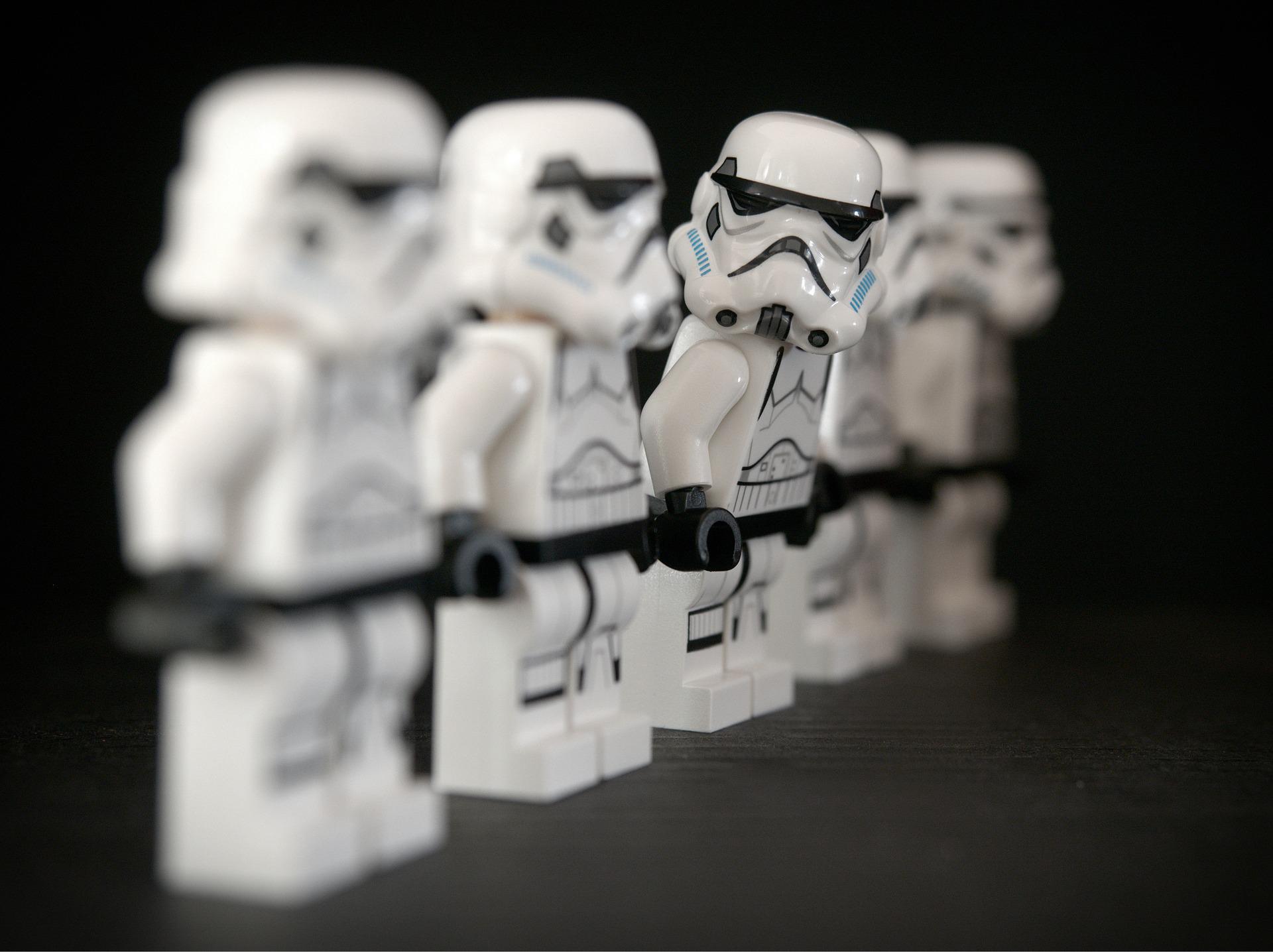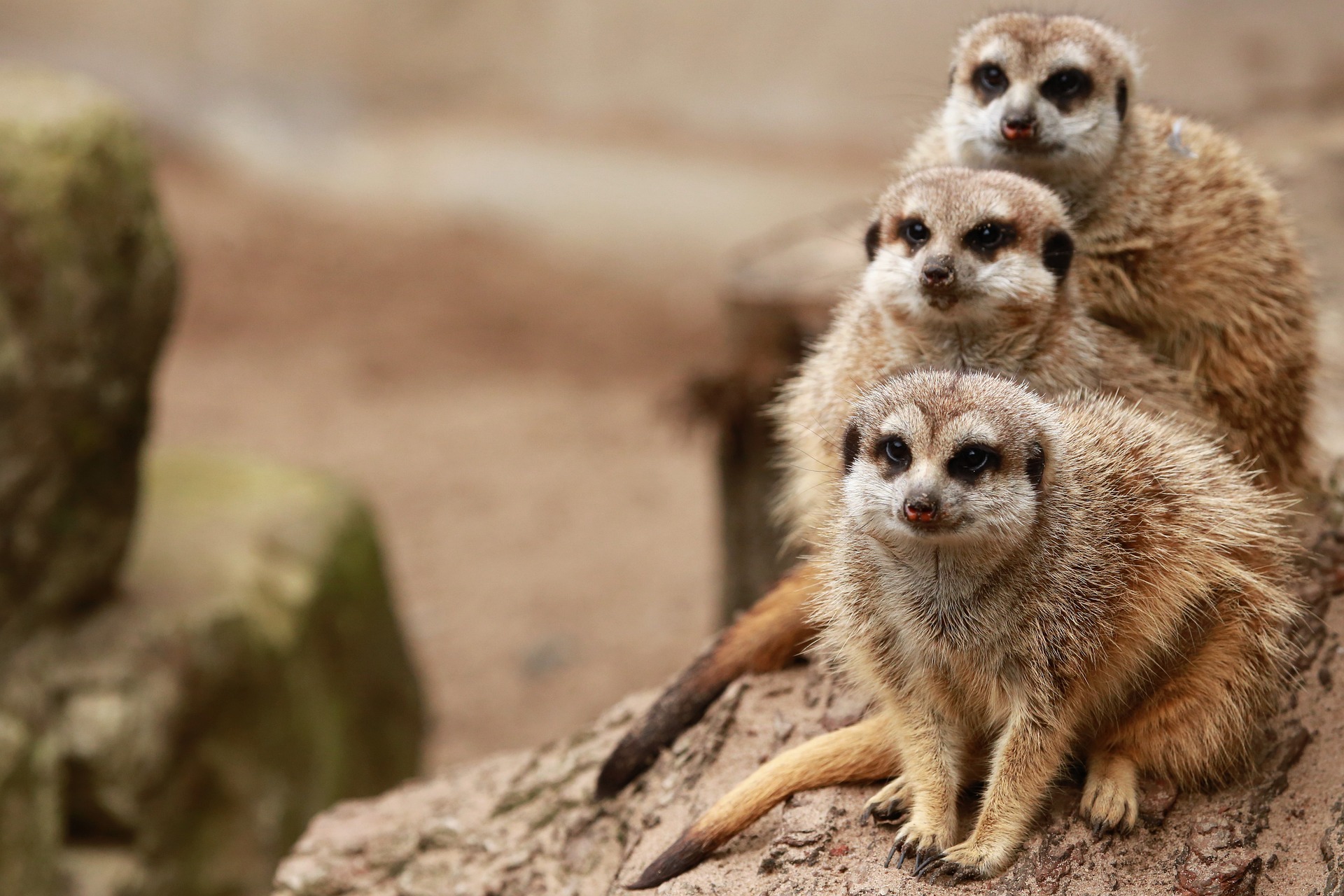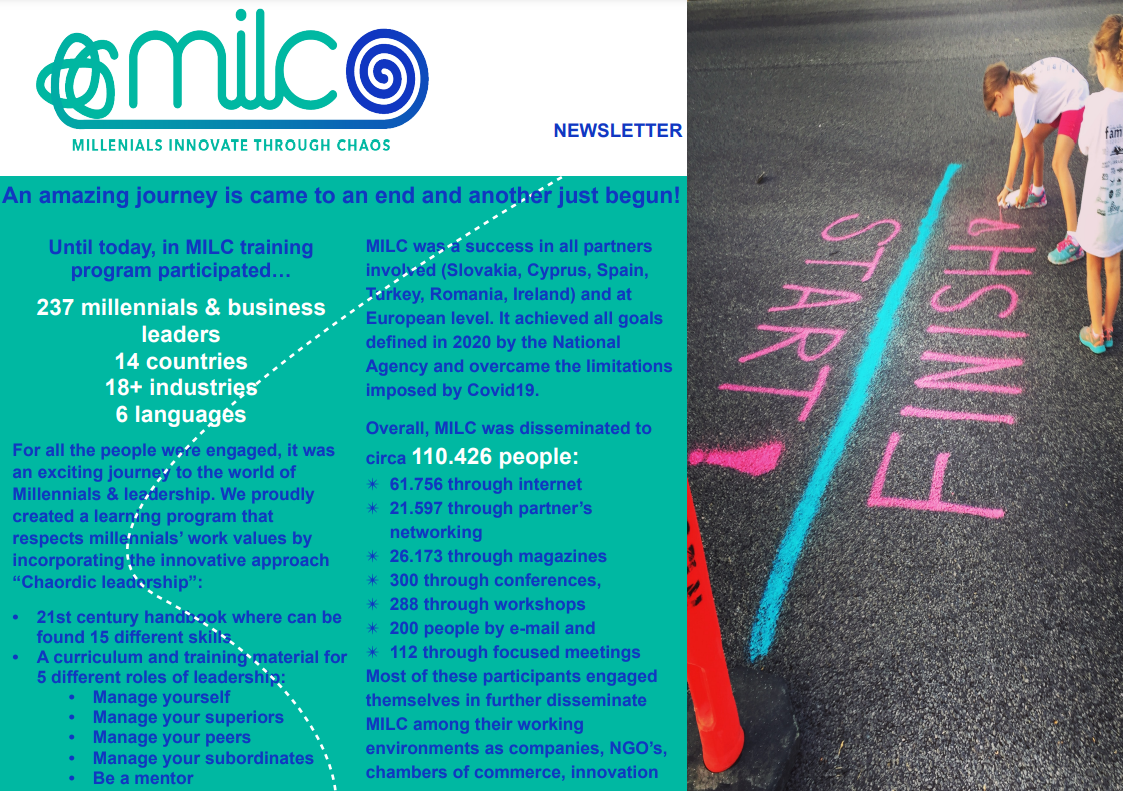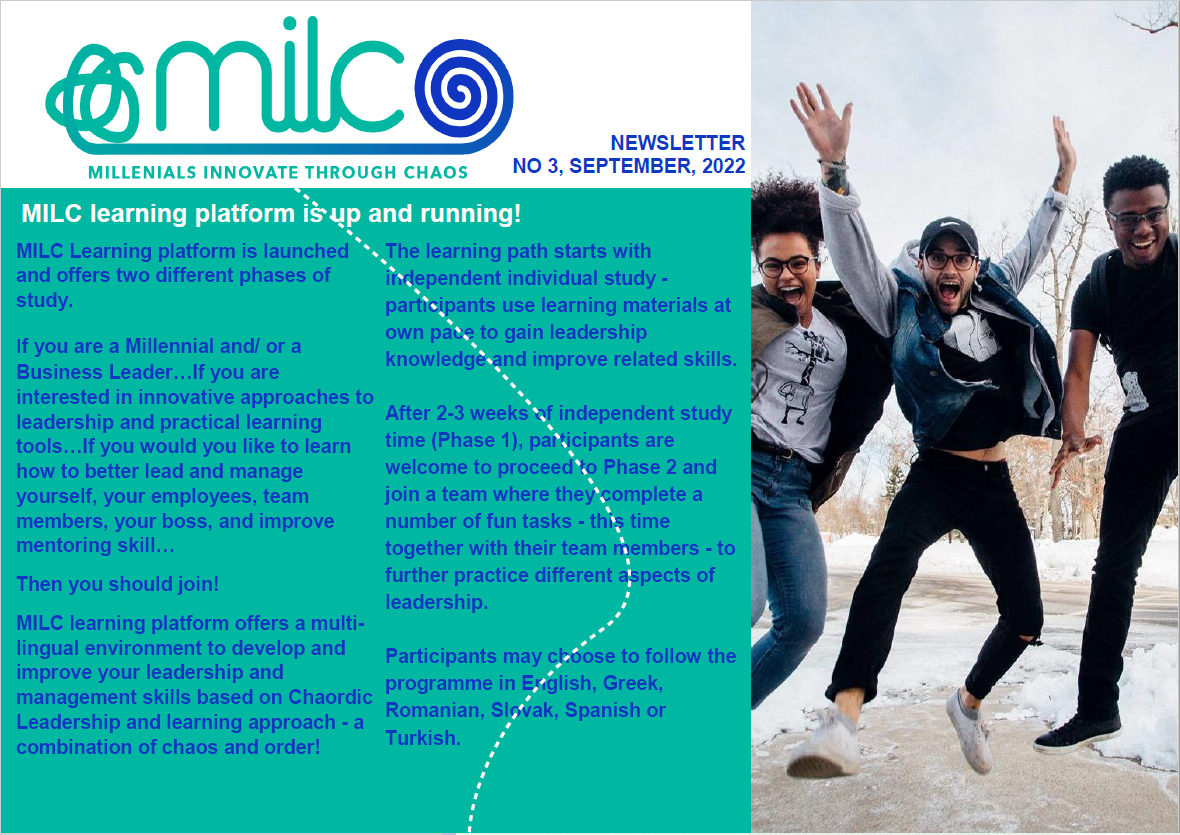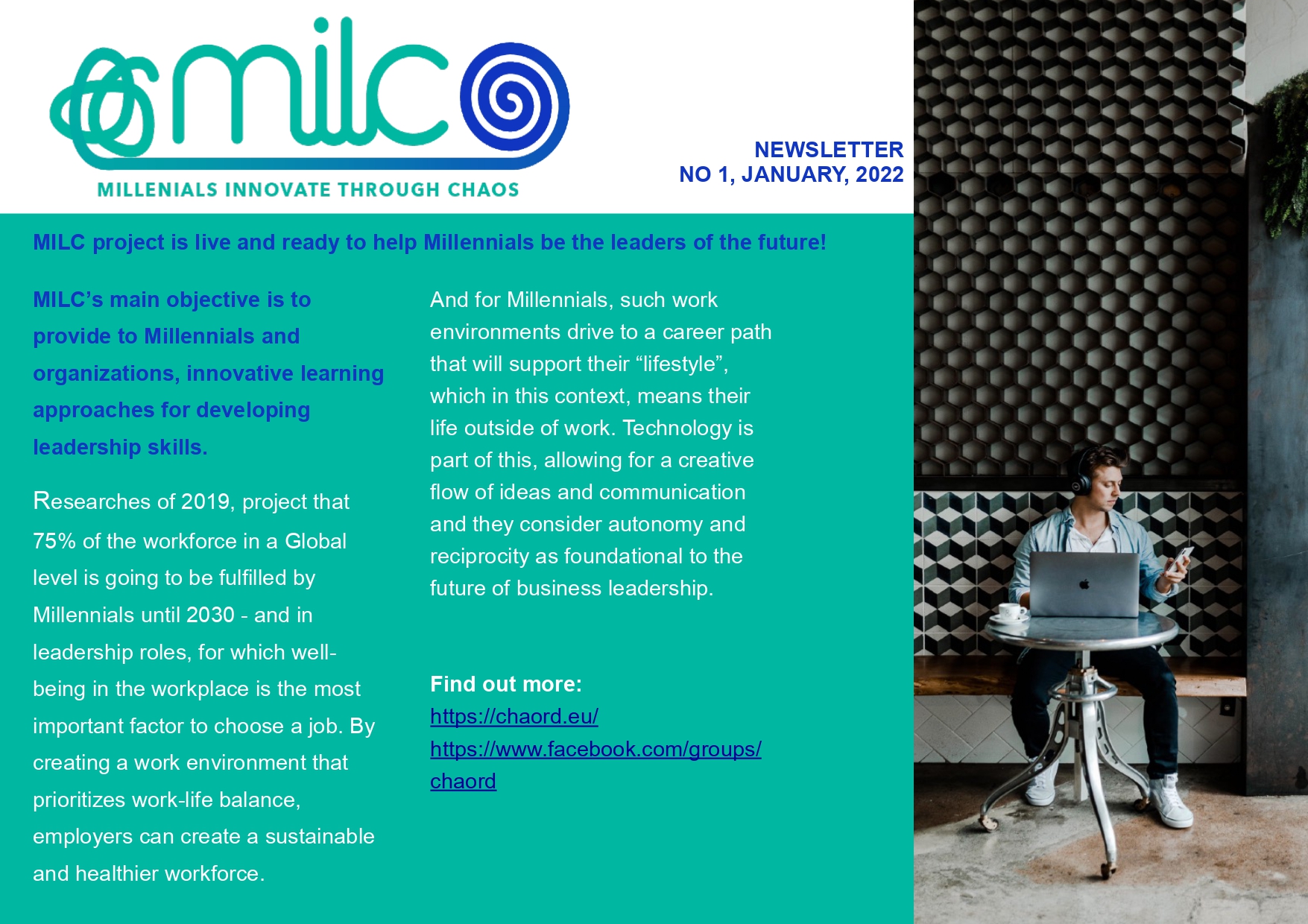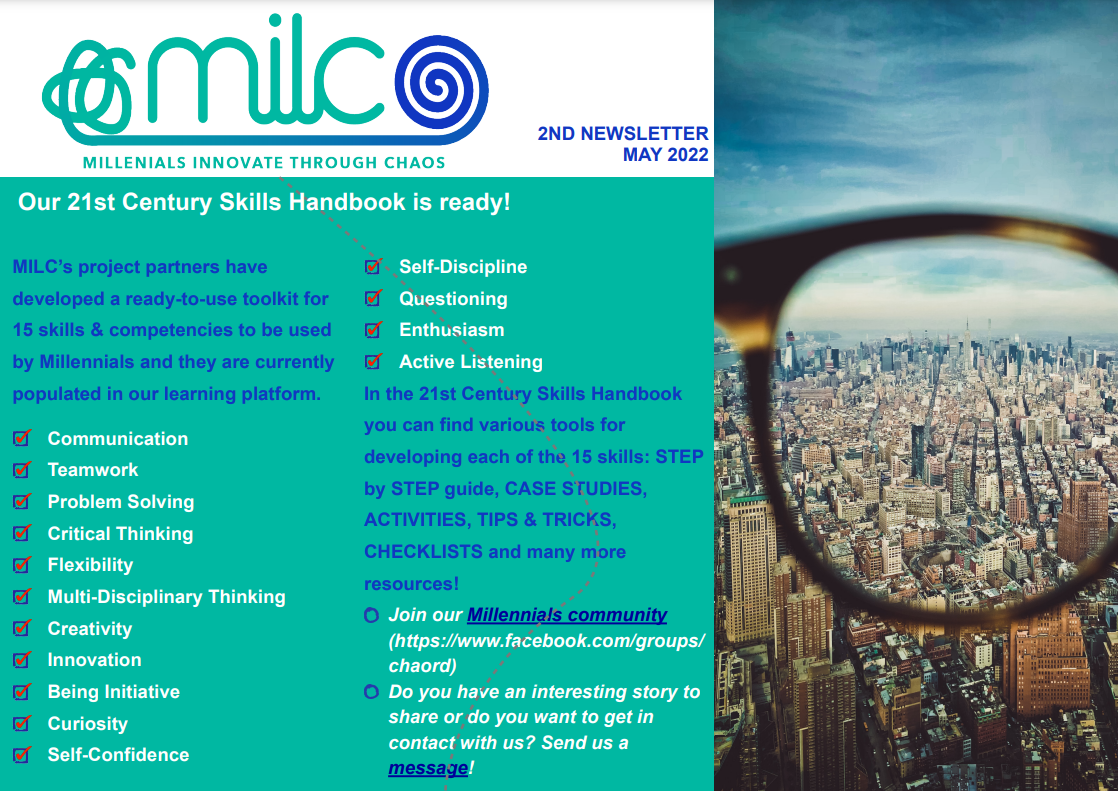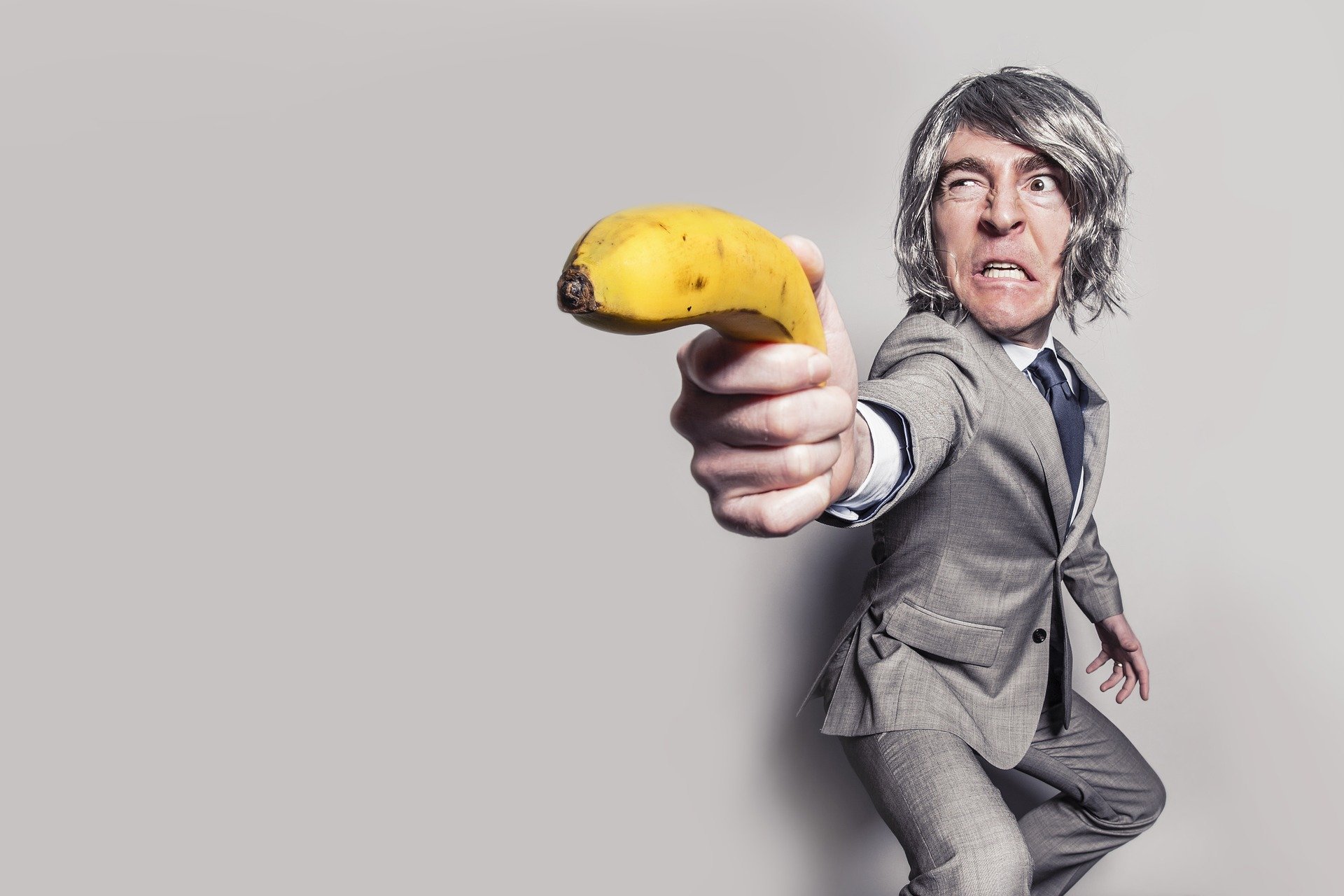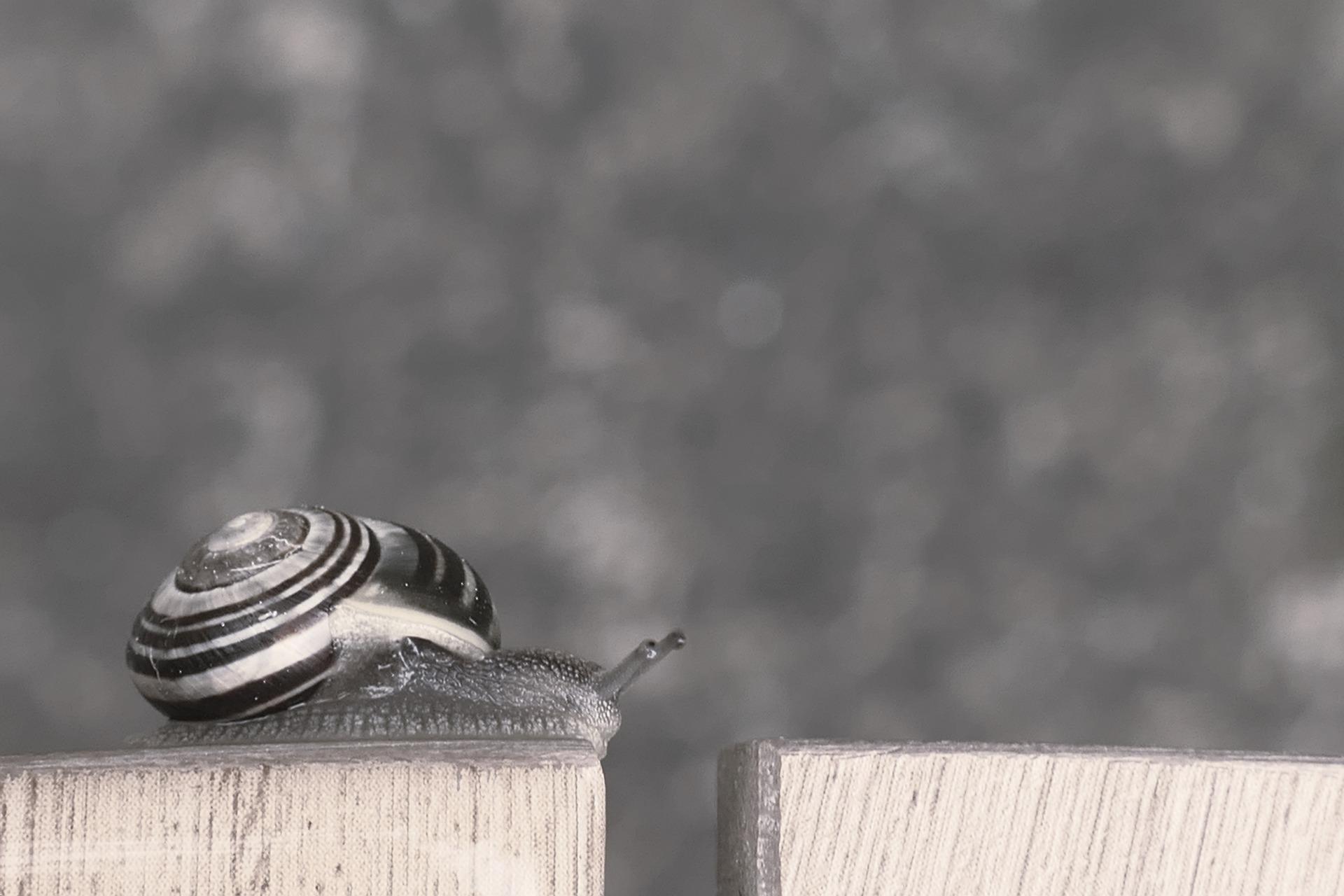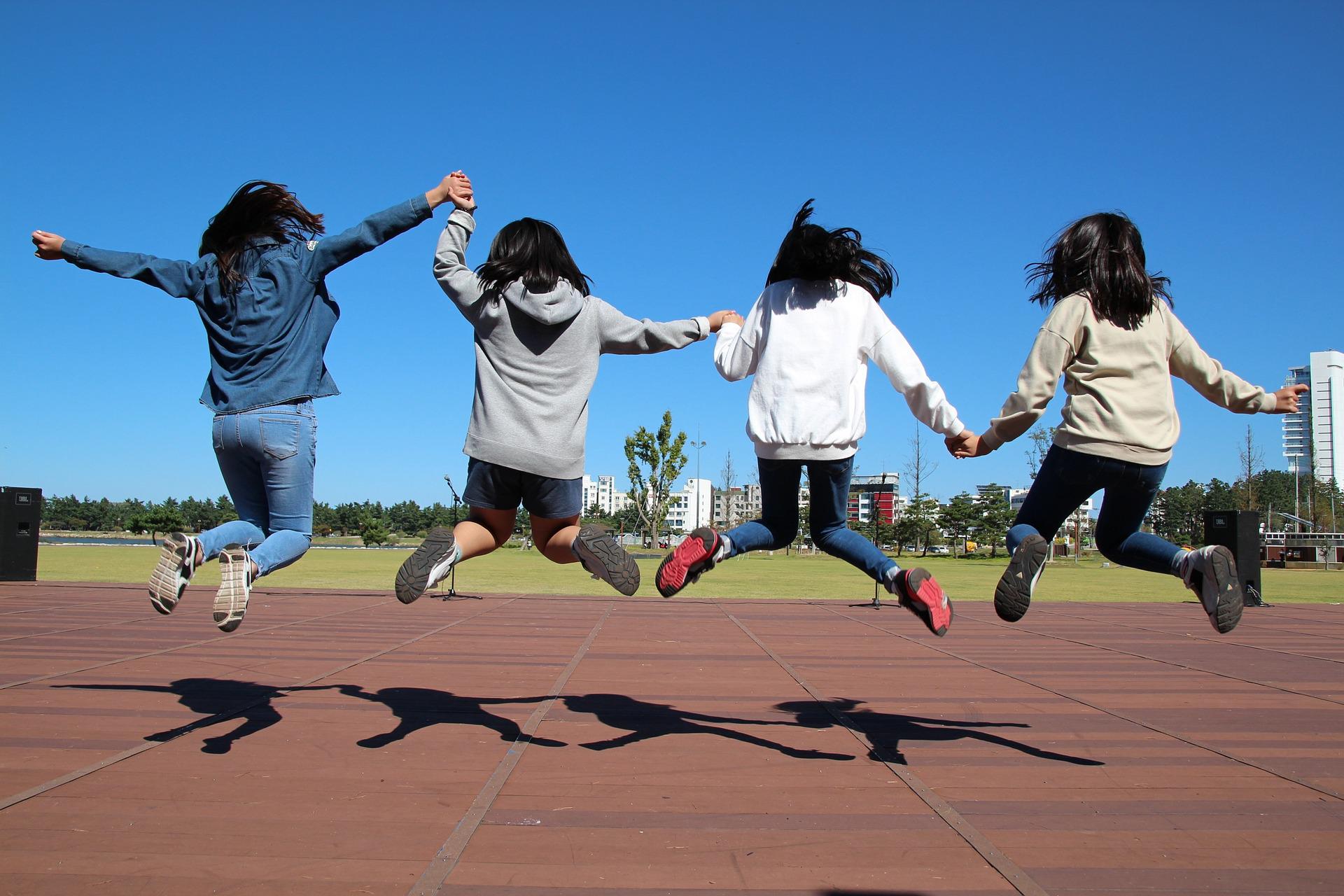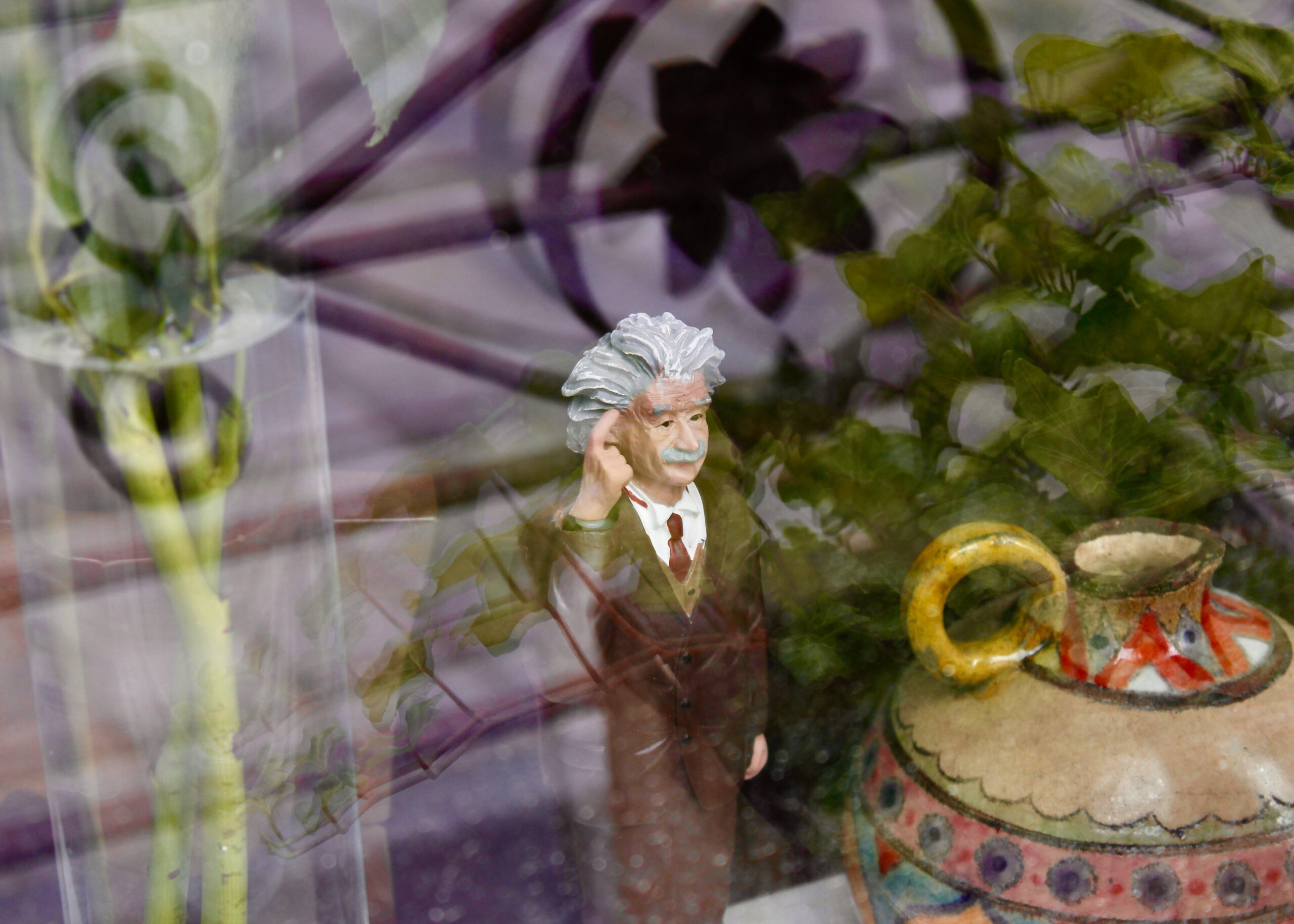MILC News & Updates
Introduction
Millennials spend 85% of their day on their mobile! Okay, this is not a surprising fact!
What should surprise you is what they actually do when they go online!
Far from the self-absorbed activities that most people envisioned, most millennials use their time spent online…
What is Critical Thinking?
Answering the question is not easy. Like many other complex and multifaceted topics, there is no unique and unequivocal definition. It is not simply being critical, that could be confused with the attitude of saying no or with being “nit-picking”. The American philosopher John Dewey referred to it as “reflective thinking” and he was the first to associate it with an educational goal. The best definition, both for completeness and beauty is Bacon’s: “Read not to contradict and confute; nor to believe and take for granted; nor to find talk and discourse; but to weigh and consider.”
…
What is Innovation?
The word “innovation” is derived from the Latin verb innovare, which means to renew. The word has retained its meaning up until today. It means to improve, to replace something or to bring it up to date, for instance by applying new processes, introducing new techniques, or by establishing successful ideas to create new value.
…
What is Creativity?
“Creativity is a phenomenon whereby something somehow new and somehow valuable is formed. The created item may be intangible (such as an idea, a scientific theory, a musical composition, or a joke) or a physical object (such as an invention, a printed literary work, or a painting)” – Wikipedia
…
What is Communication?
The origin of the word “communication” is “communicare” or “communis” which means “to impart”, “to participate”, “to share” or “to make common.”
There are many definitions of communication. According to John Adair, “communication is essentially the ability of one person to make contact with another and make himself or herself understood”. William Newman and Charles Summer define communication as “an exchange of ideas, facts, opinions or emotions of two or more persons”. …
What is Questioning?
The simple definition of “questioning” is “the action of asking questions”. At the same time, it can be defined as a competence that involves creative and critical thinking process to link what is known and what is unknown in order to improve knowledge.
Questioning is a process that helps collect more information – whether our aim is to learn, to solve a problem, to make a decision or to understand each other. …
What is Flexibility?
The word “flexibility” technically means the ability to bend without breaking. Flexibility is the willingness and ability to take on new responsibilities. It’s not simply a “can do” mindset; it’s also a “will do” attitude. To be flexible, you should adjust your priorities to meet the needs of your organisation.
When it comes to how work is done, flexibility is a technique that stresses being able and ready to adapt to changing conditions. Flexibility in higher education benefits both the teachers and their students and the businesses which have a connection between academia and the industry. …
What is Curiosity?
Curiosity is a pleasant state of motivation that involves a tendency to recognize and seek out new and stimulating information and experiences.
Curiosity differs from other positive emotions due to the strong desire to explore and persist in the activity that initially stimulated the interest of an individual. Although curiosity and pleasure tend to go hand in hand, sometimes there is a conflict between curiosity and other positive emotions. …
Newsletter 4, November 2022
An amazing journey came to an end and another just begun!
MILC was a success in all partners involved (Slovakia, Cyprus, Spain, Turkey, Romania, Ireland) and at European level. It achieved all goals defined in 2020 by the National Agency and overcame the limitations imposed by Covid19.
…
Newsletter NO 3, September, 2022
MILC Learning platform is launched and offers two different phases of study.
If you are a Millennial and/ or a Business Leader…If you are interested in innovative approaches to leadership and practical learning tools…If you would you like to learn how to better lead and manage yourself, your employees, team members, your boss, and improve mentoring skill… Then you should join!
Newsletter January 2022
MILC project is live and ready to help Millenials be the leaders of the future!
MILC’s main objective is to provide to Millenials and organizations, innovative learning approaches for developing leadership skills. …
Newsletter NO 1, January, 2022
Newsletter May 2022
Our 21st Century Skills Handbook is ready!
MILC’s project partners have developed a ready-to-use toolkit for 15 skills & competencies to be used by Millennials and they are currently populated in our learning platform.
Newsletter NO 2, May, 2022
What is Self-Confidence?
The word confidence comes from the latin verb fidere that means to trust, therefore, having self-confidence is having trust in one’s self. It is connected but different from self-esteem, which is an evaluation of one’s own worth, arrogance or hubris, in comparison, is the state of having unmerited confidence, to believe something or someone is capable or correct when it is not. Self-confidence is more specifically the trust in one’s ability to achieve some goals. As the Jamaican political activist Marcus Mosiah Garvey once said: “With confidence, you have won before you have started”. …
What is Problem Solving?
Problem-solving involves diagnosing the possible causes of a problem and developing an action plan that solves that problem. People use problem- solving skills all the time, both in their personal and professional lives. Effective problem-solving in the workplace often requires following a step- by-step process and using a designated problem-solving framework. …
What is Enthusiasm?
Enthusiasm can be defined as “a feeling of energetic interest in a particular subject or activity and an eagerness to be involved in it” (Cambridge English Dictionary).
The word enthusiasm originates from the Greek ἐνθουσιασμός from ἐν (en, “in”) and θεός (theós, “god”) and οὐσία (ousía, “essence”), meaning “inspired by god’s essence” (Wikipedia). Socrates taught that the inspiration of poets is a form of enthusiasm. …
What is Multi-Disciplinary Thinking?
Multidisciplinarity is where two or more disciplines collaborate for a specific purpose, for instance, when scientists, psychologists, designers or sociologists cooperate in the design of new ideas. Although a multidisciplinary approach uses the skills and knowledge from more than one academic discipline, the use of knowledge from different disciplines remains distinct, even though the differences between the disciplines can be quite subtle. Humanity’s primary turning point has always been multidisciplinary holistic thinking solutions, especially during unusual times. …
What is Being Initiative?
Being initiative is the ability to be resourceful and to introduce a new course of action. It requires tenacity, resilience, and determination. You should be able to show your capacity to think for yourself and act when necessary.
Researchers Michael Frese and Doris Fay define initiative as “work behaviour characterised by its self-starting nature, its proactive approach, and by being persistent in overcoming difficulties that arise in pursuit of a goal.”…
What is Self-Discipline?
Self-discipline is not an innate character trait. At most, a character trait, such as a strong will, can help build self-discipline. Self-discipline can, however, be taught, but one has to work on it oneself.
People are often inclined to make things easy for themselves, but if you give in too often, you will usually get into trouble. Not being able to resist various temptations and having to bear the consequences of that is not always fun. Perseverance is also a form of self-discipline. For example, if you have too little of that, you may have problems studying. However, all this can be prevented by building up self-discipline.
…
